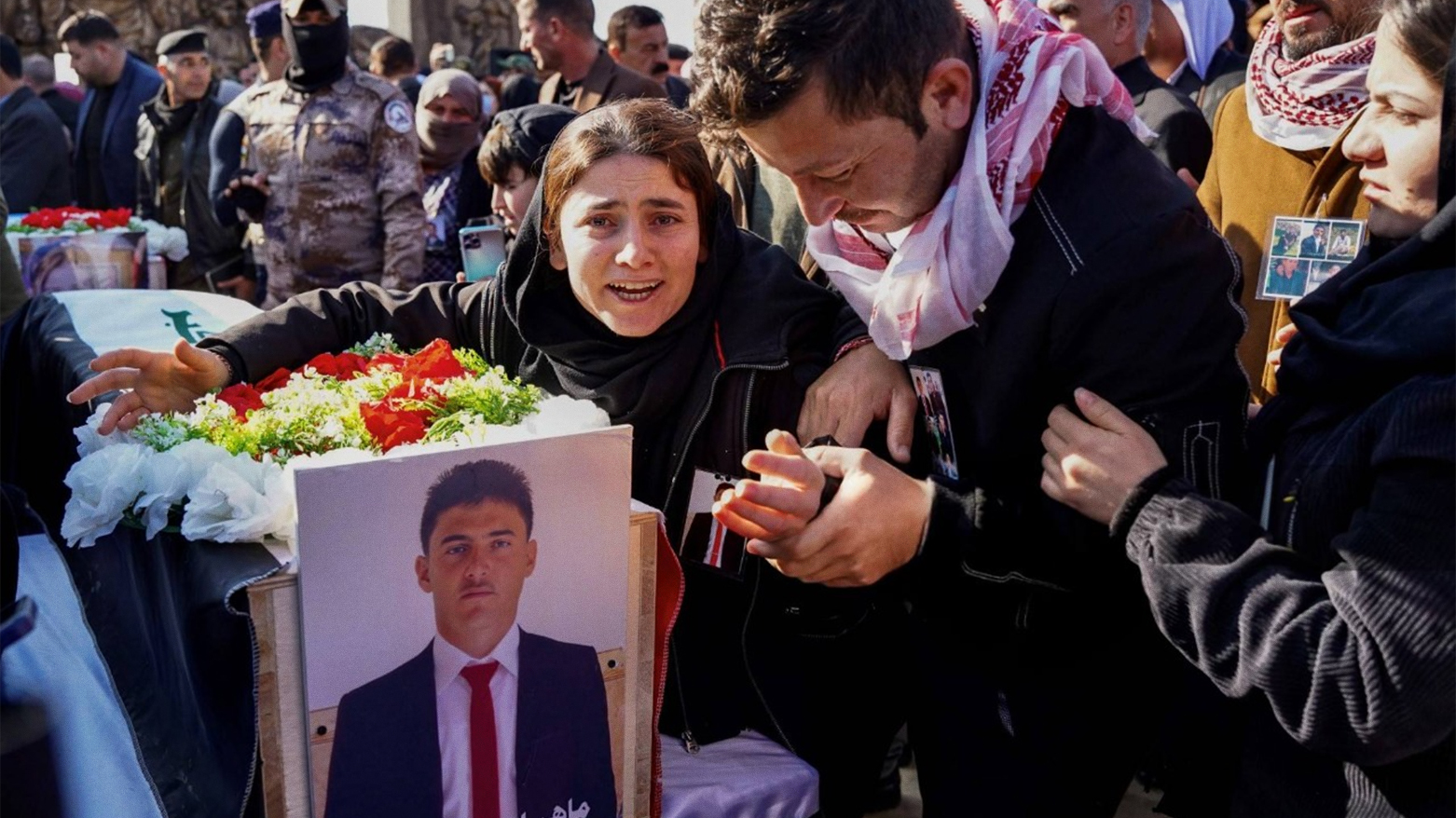'Every Day Feels Like That Day Again,' Grief Lingers in Sinjar’s Unmarked Graves
Keni Elias, a woman who lost scores of relatives during the genocide, told Kurdistan24's Darman Baadri: “There are 86 people missing from my family. We know nothing about them. Even if only their bones are returned, we will be grateful."

By Kamaran Aziz
ERBIL (Kurdistan24) – Eleven years after the genocide in Sinjar, the anguish remains raw for the families of the victims, who continue to wait in silent torment for the mass graves to be opened—hoping that, at the very least, the remains of their loved ones might be returned for a proper burial.
As federal authorities set dates for the excavation of graves, Sinjar residents say that each passing day feels like a renewed episode of their long nightmare.
Keni Elias, a woman who lost scores of relatives during the genocide, told Kurdistan24: “There are 86 people missing from my family. We know nothing about them. Even if only their bones are returned, we will be grateful. At least we would be able to bury them and visit their graves. We have no children left, no husband—they all disappeared eleven years ago. If the mass graves are opened, perhaps we’ll find what remains of them.”
The exhumation of mass graves in Sinjar began in 2019. Since then, 850 sets of remains have been sent to the Baghdad Department of Forensic Medicine, yet only 274 have been returned to their families. This slow pace has caused widespread frustration and led to urgent calls for more efficient procedures.
Sharif Suleiman, a Member of Parliament from the Kurdistan Democratic Party (KDP), told Kurdistan24: “The federal government’s efforts on mass graves are extremely slow and disorganized. To this day, about 35 graves in Sinjar remain unopened, not to mention other sites such as Khasfa and Bir Allu Antar, which also contain Yazidi victims. Although two humanitarian organizations have given their approval, the excavations haven’t begun yet. We are in constant contact with the Martyrs Foundation in Baghdad to push for better coordination.”
According to statistics from the human rights organization Pétrichor in Sinjar, there are 93 mass graves in the region. Of those, 68 have been exhumed, while 25 await action.
The delays have been attributed to a lack of specialized teams, inadequate funding, and other logistical challenges.
As Sinjar continues its long wait for justice, its people cling to hope—that the days ahead might finally bring clarity about the fate of their loved ones and the long-overdue peace that comes with knowing.
Darman Baadri – Kurdistan24 correspondent from Mosul contributed to this report.